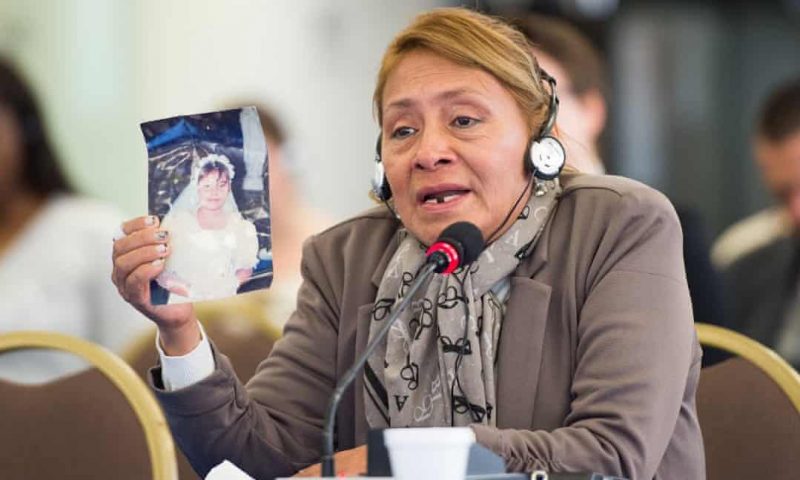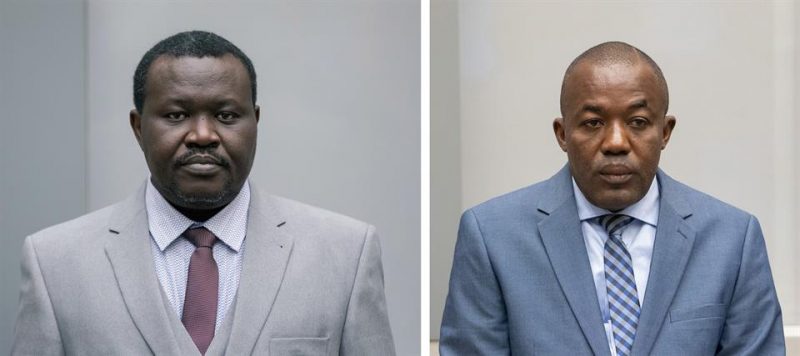By: Elizabeth Wright
Impunity Watch Staff Writer
PANAMA CITY, Panama – Like other countries around the world, Panama has implemented measures to prevent the spread of the coronavirus. Over the past few weeks the country has passed several different measures that require citizens to remain in their homes, impose a mandatory 14-day quarantine for those entering the country, and limit purchasing goods. Additionally, on March 13, President Laurentino Cortizo announced that the country was under a state of emergency.
While declaring a state of emergency might seem standard given the current situation, concerns have been raised regarding the freedom of Panamanian citizens. Professor of Law Antonio Bernal has expressed concern with the lack of restriction and direction in Panama’s constitution regarding the scope of a state of emergency. The Inter-American Court of Human Rights has expressed similar concerns. The Court has stated that the constitutional provisions used to justify the state of emergency have the potential to violate fundamental human rights.
Countries within the Court’s jurisdiction voluntarily agree to its terms, so if the Panamanian government were to decide to issue laws which violate the basic human rights of Panama’s citizens, the Inter-American Court of Human Rights would likely intervene. The Court would first advise the government of appropriate changes and then, if the Court deemed that the country failed to make the appropriate changes, the Court would initiate a further measures against the country.
Bernal explains that while the current state of emergency seems protective, the government may begin to create laws without any oversight. For example, like in the United States, the Panamanian government decided to restrict all prison visitations. Bernal claims that this practice may be a human rights violation.
However, Juan Carlos Araus, President of Panama’s Bar argues that the state of emergency is the most appropriate way for the government to act in this situation because it expedites the law-making process. Araus concedes that the state of emergency does temporarily “suspend constitutional guarantees,” but that it is currently necessary due to the virus’ fast spread.
The upcoming weeks will be difficult for Panama and other countries around the world as they struggle to contain the spread of coronavirus. Each of these countries should be mindful of the fundamental rights of its people while making policies which are intended to protect their citizens’ health.
For further information, please see:
Reuters – Panama Imposes Full-Day Curfew, Guatemala Extends State of Emergency – 24 Mar. 2020
The Tico Times – Panama Restricts the Entry of Foreigners to the Country – 16 Mar. 2020
Westlaw – Corona Virus and State of Emergency – 14 Mar. 2020


